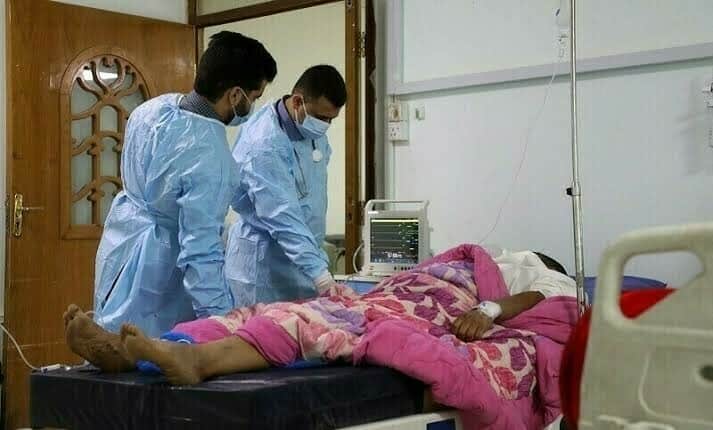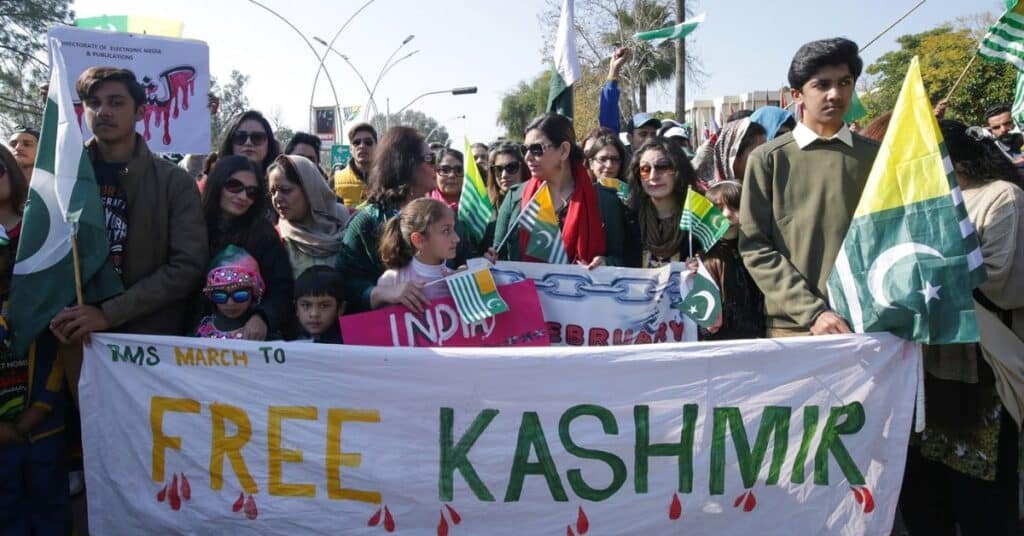PESHAWAR: Health authorities in Khyber Pakhtunkhwa have confirmed death of two patients of the Crimean-Congo Haemorrhagic Fever, commonly known as the Congo virus in the Karak district, raising fresh concerns over the spread of the disease in the region.
According to officials from the Karak Health Department, the patients were promptly isolated upon arrival at HMC. Dr. Qudratullah, a senior physician at the hospital, stated that both were under constant medical observation and later they expired due severe infection and impact of the virus. The expired patients identified 28 year old Azaz and 17 years old Shafiq.
The Crimean-Congo Haemorrhagic Fever is a viral disease primarily transmitted to humans through ticks or direct contact with the blood of infected animals, particularly livestock. Human-to-human transmission can also occur through contact with the bodily fluids of an infected person. The virus is known for causing severe viral haemorrhagic fever outbreaks, with a fatality rate that can range from 10% to 40%.
Khyber Pakhtunkhwa Health Adviser Ehtesham Ali confirmed the new cases and emphasised that the provincial health department had already issued a health advisory before Eid, warning of potential Congo virus cases due to increased livestock handling and movement during the festive period.
He further revealed that a total of six suspected cases have been reported in the province so far in 2025. Out of these, three have been confirmed through laboratory testing. Among the confirmed cases was a critically ill patient who was admitted to HMC on June 6. Despite receiving intensive care, the patient succumbed to the illness.
Additionally, three other suspected cases had earlier been reported and treated at different hospitals within the province. Fortunately, all of those patients have fully recovered and returned home. With these developments, health officials are urging the public, especially those involved in animal handling and slaughtering, to take strict precautionary measures. Wearing protective clothing, avoiding contact with blood or tissues of livestock, and seeking immediate medical attention in case of symptoms such as high fever, muscle pain, dizziness, or unexplained bleeding are strongly advised.
The health department is continuing its surveillance and preparedness efforts, including training medical staff, ensuring the availability of protective equipment in hospitals, and raising awareness in high-risk areas. As the summer months continue and livestock activity increases, especially around Eid ul-Adha, officials warn that more cases could emerge if preventive steps are not strictly followed.
Read also: KP govt takes key steps to prevent animal diseases during Eid-ul-Adha





